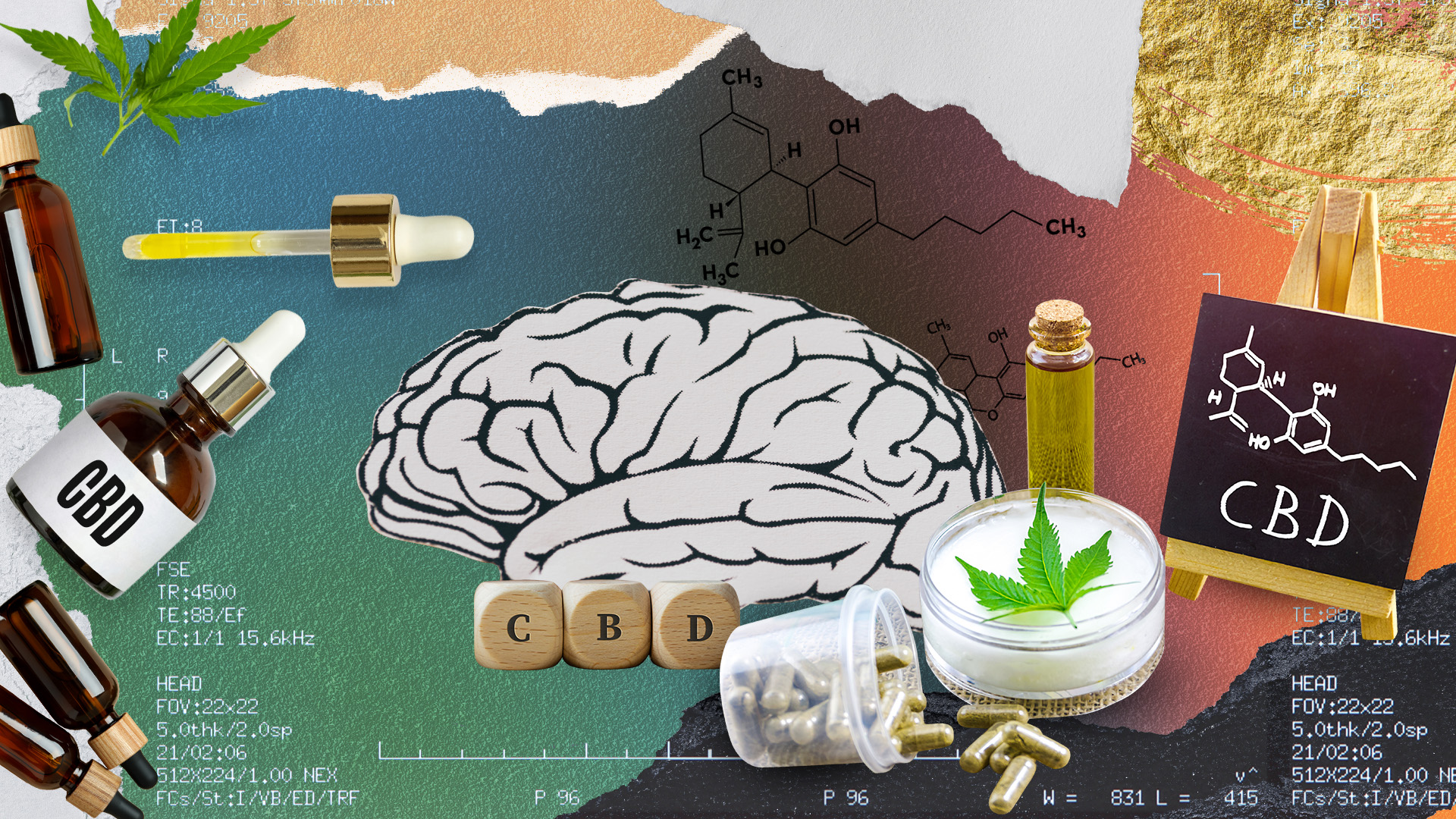Whether you’re active in the health and wellness sphere or are an avid cannabis enthusiast, you’ve probably heard of CBD.
Perhaps you’re nervous that you’ll take CBD and accidentally get high. Or maybe you’re looking for another way to get high and are wondering if the secrets are held within CBD products.
Whatever brought you to this article, you’re in the right place! Keep reading to learn about CBD, how it’s different from hemp, its legality, and, most importantly, how it makes you feel!
What is CBD?
CBD is short for a cannabinoid called cannabidiol. Cannabinoids are organic compounds within cannabis. The most famous cannabinoid is THC, which is the cannabinoid responsible for weed’s well-known psychoactive properties.
CBD is being studied for its potential health benefits – most abundantly, its potentially therapeutic relaxing effects and its potential ability to help with pain, inflammation, and a host of other functions. CBD is at the forefront of cannabis research, which was long stifled by weed’s legal status.
But the tides are turning! Stay tuned for more on CBD’s effects later on in this article.
What’s the Difference Between CBD and Hemp?
CBD can be found in gummies, capsules, oil, tinctures, and more. Many people confuse CBD and hemp, and it’s sometimes even unclear whether a product is purified CBD extract or whole-plant hemp extract in its labeling.
The difference between CBD and hemp is that CBD is a single cannabinoid found in cannabis and hemp plants, whereas hemp is a plant related to cannabis. Hemp is defined as containing 0.3% THC or less by dry weight according to the 2018 Farm Bill.
Many people believe that CBD and hemp have the same effect, but CBD is an isolated cannabinoid and hemp is full-spectrum and contains many cannabinoids, terpenes, and other whole-plant components. They do not have the same effect, although some of their supposed health benefits may overlap and even synergize.
Is CBD Legal?
CBD is legal because it’s extracted from hemp rather than cannabis. It can also be converted into derivative, semisynthetic cannabinoids. Popular cannabinoids like Delta 8 and Delta 10 inadvertently also became legal on a federal level because they’re extracted and made from CBD in hemp.
However, several states have selectively banned psychoactive semisynthetic derivatives like delta 8 and 10, while keeping natural hemp-based CBD legal.
Some folks may be put off by CBD because they believe it’s the same as cannabis, which they still view as a bad, illegal substance. However, weed is a natural plant that isn’t inherently bad and is, in fact, legal in many states.
Educating the public is a large part of cannabis activism, and public campaigns are working to undo stereotypes about cannabis, often stemming from the War on Drugs and commercials such as the infamous “This is your brain on drugs.”
Why You Should Get Your Medical Marijuana Card
Veriheal has satisfied millions of patients nationwide by giving them access to these benefits
- Larger purchase limits
- Peace of mind
- Enhanced legal protection
- Access to higher potency strains
- Save up to 25% on cannabis purchases
- Skip the line at the dispensary
Will CBD Get Me High?
CBD will not get you high. CBD is a non-psychoactive cannabinoid, so it doesn’t have any potential to get you high. THC is the cannabinoid responsible for getting you high when you consume cannabis. In fact, CBD can reduce the high and possible anxiety and psychiatric side effects caused by excess THC.
It’s important to note that retail psychoactive, semisynthetic derivatives like delta 8, delta 10, HHC, and more are chemically converted from CBD. They behave very differently than CBD, mainly through psychoactive effects, which natural CBD does not have.
But wait – no need to throw the baby out with the bathwater! CBD may still alter your mood and emotions in a way you could love.
So, although CBD won’t get you high, let’s talk about what it can do.
How Will CBD Make Me Feel?
CBD may have the potential to make you feel all sorts of subtle but positive ways, including:
- Relaxed
- Sleepy
- Calm
- At ease
- Peaceful
Some people like to take CBD at night to help them sleep, while others enjoy CBD throughout the day to keep anxiety or other symptoms at bay without the high of THC.
CBD is also being studied for its potential to ease chronic and acute pain, muscle spasms, and more. It is especially useful in these regards when combined with THC in a 1:1 ratio. Results are promising, as are first-hand accounts.
CBD is popularly applied topically at the site of pain, in products that often also contain menthol.
Final Thoughts
So…CBD won’t get you high after all.
But not all is lost! CBD is being studied for its unique properties and potential abilities to help with anxiety, insomnia, pain, and more.
Now that hemp products are legal, research can be done on all sorts of cannabinoids to unlock their therapeutic benefits and bring much-needed medicine to the public.
Just remember—CBD isn’t regulated by the FDA. If you’re consuming CBD, look for high-quality products that are third-party tested to ensure that they don’t contain contaminants and are free of abnormalities.
Keep your head on straight, read the science, talk to other people, and make an educated decision about whether CBD is right for you!
Author, Share & Comments
















